The Cacao Tree Enigma
04/06/2022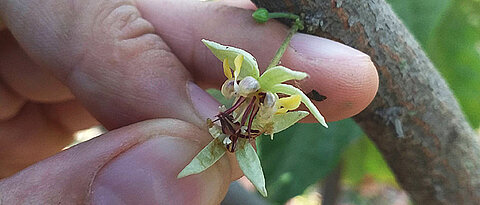
The tropical tree, from whose seeds chocolate and other sweets are produced, has its secrets. Unravelling them is not so easy.
more


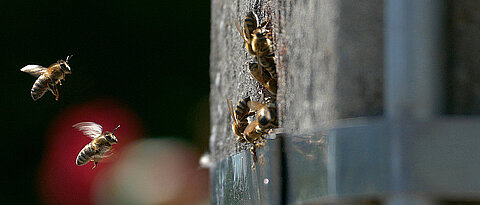
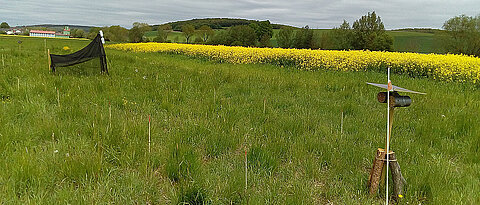
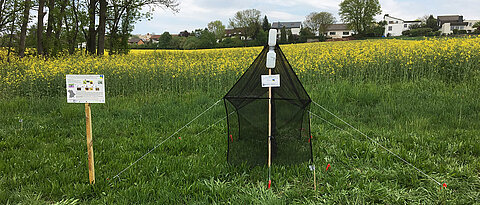
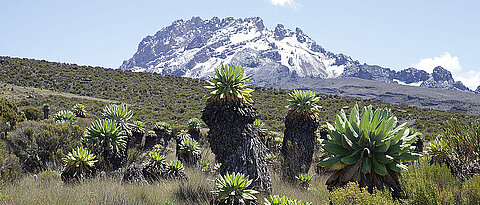
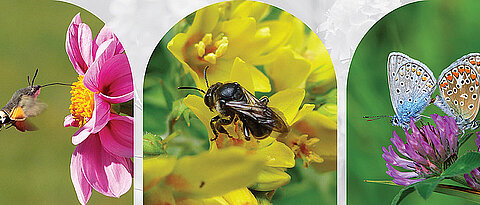
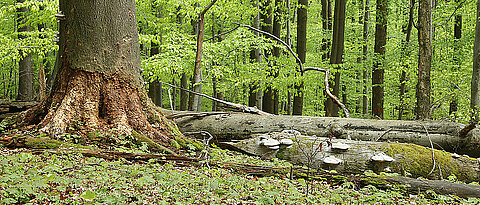
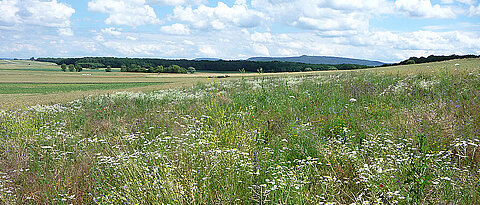
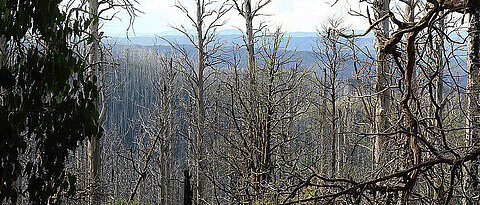
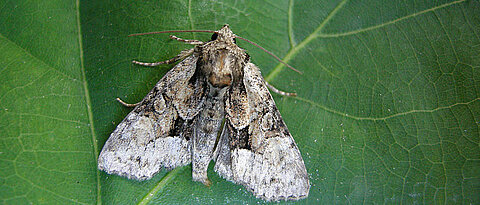
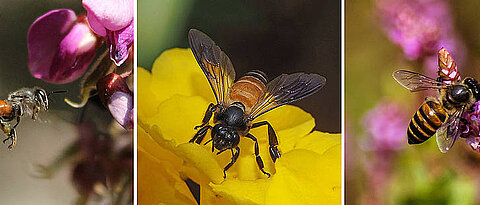
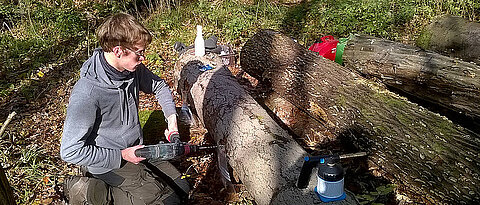
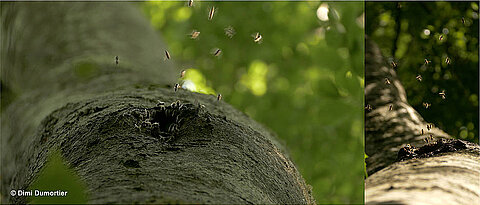
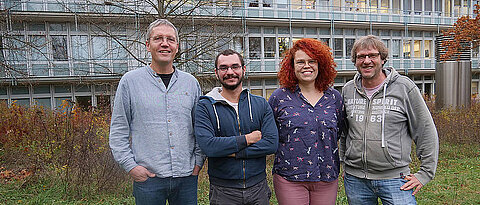
![[Translate to Englisch:] Die oft zitierten Forscher der JMU (oben v.l.): Hermann Einsele, Rainer Hedrich, Andreas Rosenwald, Ingolf Steffan-Dewenter, Hans Konrad Müller-Hermelink. Unten v.l.: Jörg Vogel, Frank Würthner, Laurens Molenkamp und Christoph Weltweit oft zitiert (oben v.l.): Hermann Einsele, Rainer Hedrich, Andreas Rosenwald, Ingolf Steffan-Dewenter, Hans Konrad Müller-Hermelink. Unten v.l.: Jörg Vogel, Frank Würthner, Laurens Molenkamp und Christoph Wanner.](/fileadmin/_processed_/c/b/csm_1119highly-cited-2019_1__0f0c1f4822.jpg)





